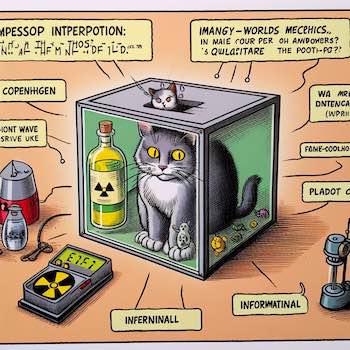Non-binarism and anti-binarism
Abstract: Using the example of Theo, who renames herself Thea, I show the important difference between true non-binaries, who are rarely heard, and anti-binaries, ardent militants. What is a non-binary? A non-binary person is a person who does not declare themselves in a female or male gender, as prescribed by the dominant cultural binarism. In … Read more










